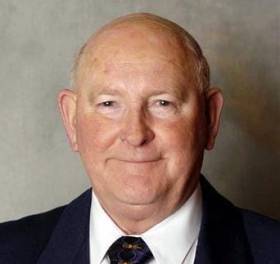Displaying items by tag: Peadar Casey
Rowing & Olympic Stalwart Peadar Casey Departs
Peadar Casey, who has died aged 86, was involved with rowing virtually all his adult life, often in very senior roles. He also played a big part in Olympic sport in Ireland.
He was a member of the Garda Síochána from 1953 to 1989 and he became honorary treasurer of Garda Síochána Boat Club in the late 1950s. The honorary treasurer role was one he would take on for a succession of bodies for most of the rest of his long life. He served in that capacity for Dublin Metropolitan Regatta, the Dublin Municipal Rowing Centre and then the Irish Amateur Rowing Union (which would become Rowing Ireland).
He was elected to the Olympic Council of Ireland and became honorary treasurer in 1996, a position he retained until retirement in 2014.
Peadar Casey was team manager for rowing at the 1980 Olympics Games in Moscow and the 1984 Montreal Olympics. He was chosen as deputy Chef de Mission to the Irish Olympic team in Atlanta 1996 and then Chef de Mission for the Olympic Games in Sydney in 2000.
His lifetime of dedication to sports administration had all kicked off when he took up rowing in the formative years of Garda Síochána Boat club when he had become champion of Ireland on multiple occasions.
He will be much missed by his family, friends and all those who knew him in the world of rowing and the Olympic Games.





























































